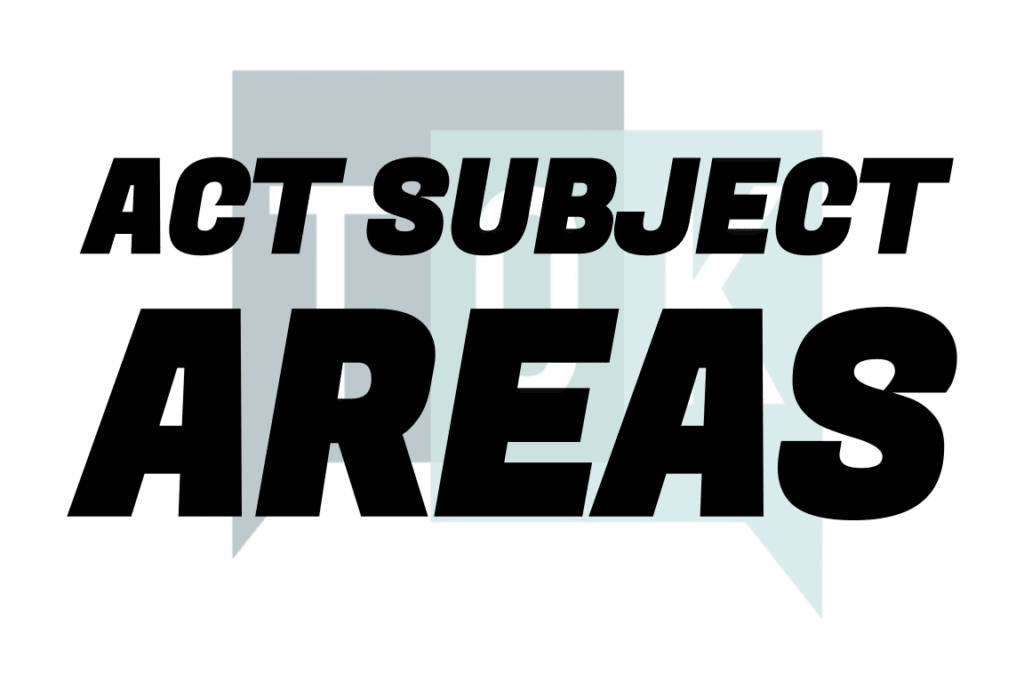
Our ACT resources can be plugged in to any educational programme to help you explore the epistemological aspects of subject areas, link learning to what’s going on in the real-world, and help students to become authentic critical thinkers.
We arrange and structure our resources – such as the ACT mini-lessons and courses – into the following subject areas, which are aligned closely to the TOK areas of knowledge and themes.
Defining the subject areas
There is a huge amount of overlapping across different subject groups, with sub-fields often belonging in more than one of them. Some modern education systems have dispensed with subject groups altogether! Note that in order to simplify learning for middle years students, we leave out an exploration of individual cognition, and merge the humanities and social sciences into one subject group.
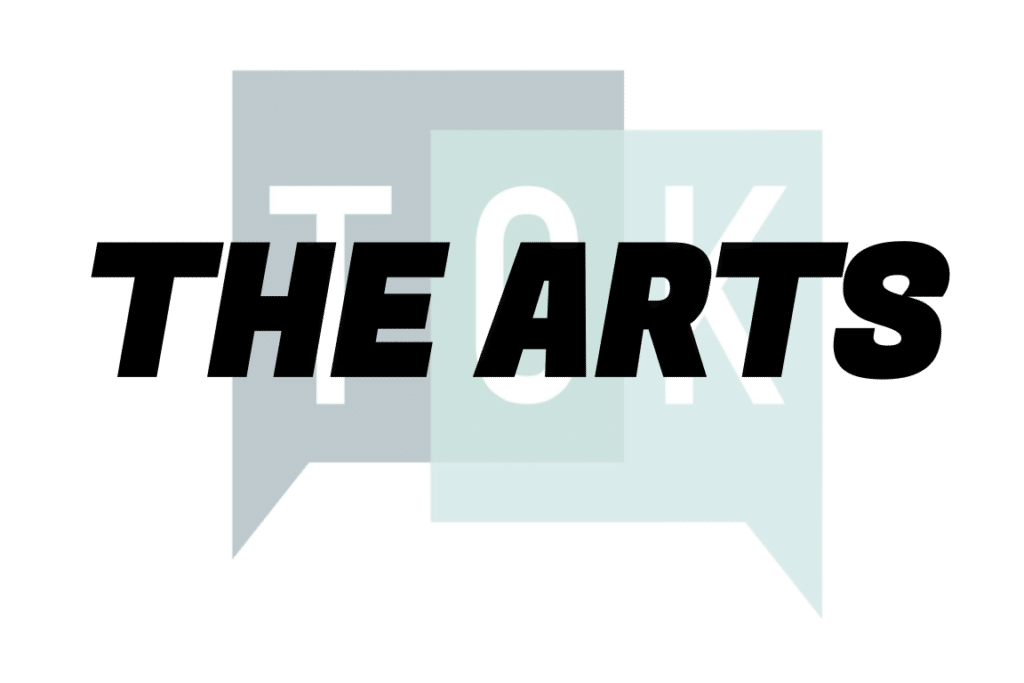
The arts comprises a wide range of fields, such as visual arts, theatre, literature, and music. Find out more about related issues and thinkers to the arts here.
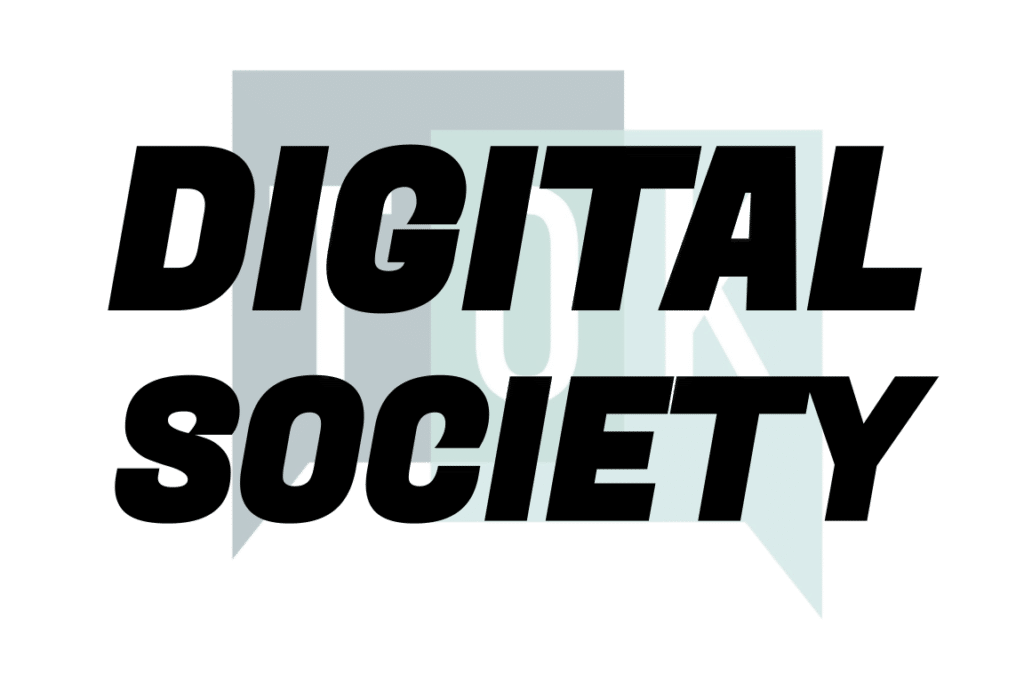
The study of digital society spans fields like digital media, IT, and data science. Find out more about the kind of issues and thinkers that we use to understand digital society here.
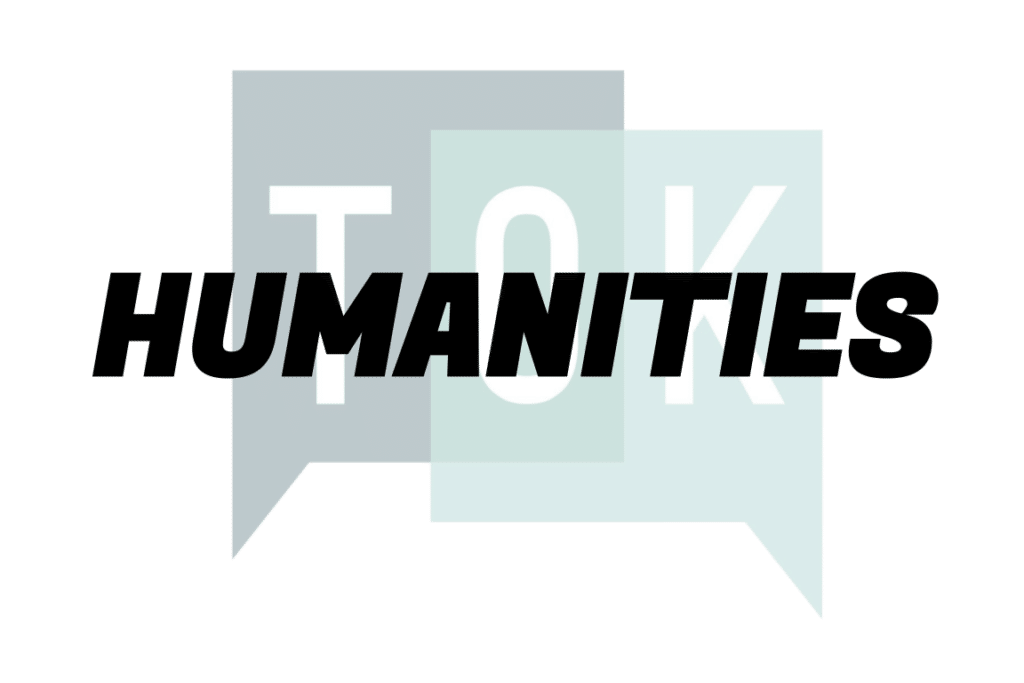
Humanities subjects include history, religion, philosophy, and cultural studies. Follow the links to find out more about typical issues and key thinkers related to humanities.
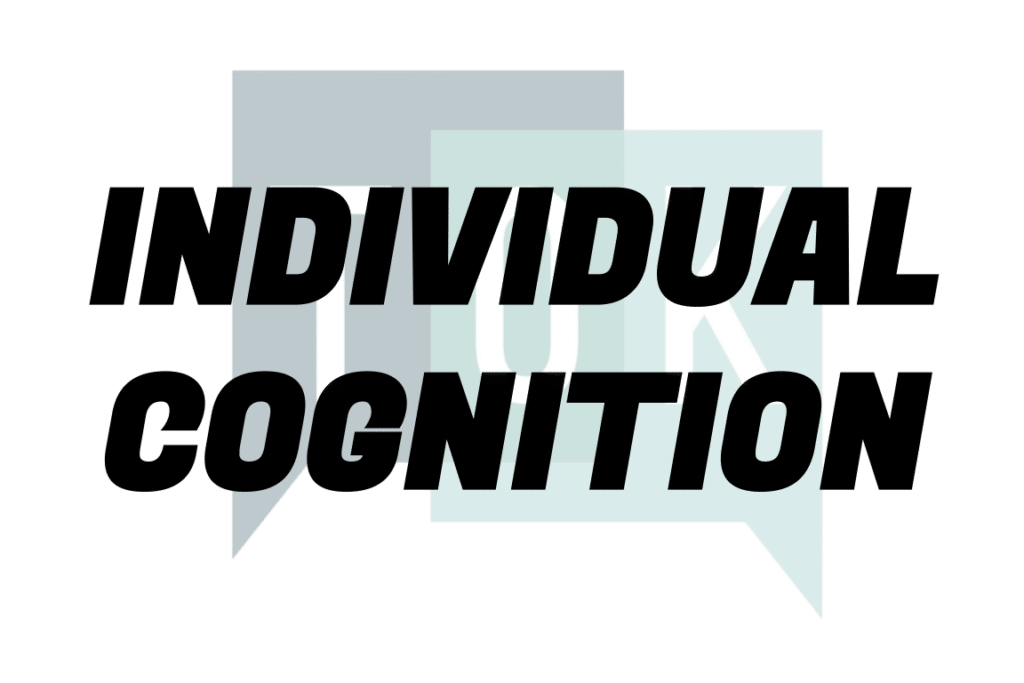
Individual cognition involves studying mental processes like perception, memory, intuition, and reasoning. Find out more about related issues and thinkers here.
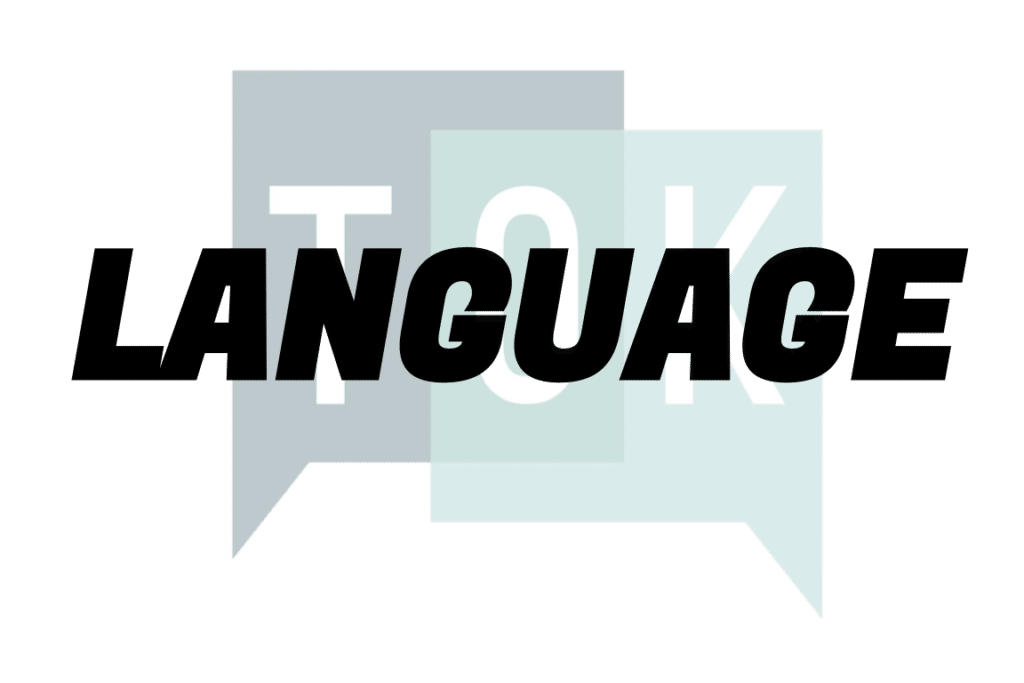
Language encompasses linguistics, literature, translation, and nonverbal communication. Here are some useful issues and thinkers that can help us make sense of language.
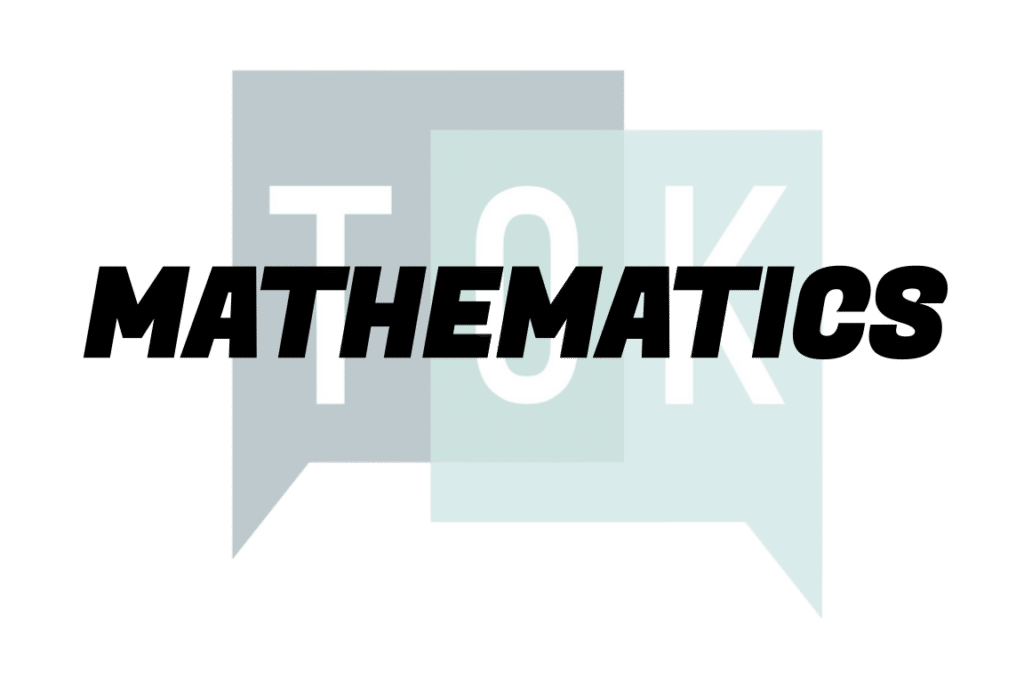
Mathematics covers fields like algebra, geometry, calculus, and statistics. Find out more about the kind of issues and thinkers that can be used to explore mathematics here.
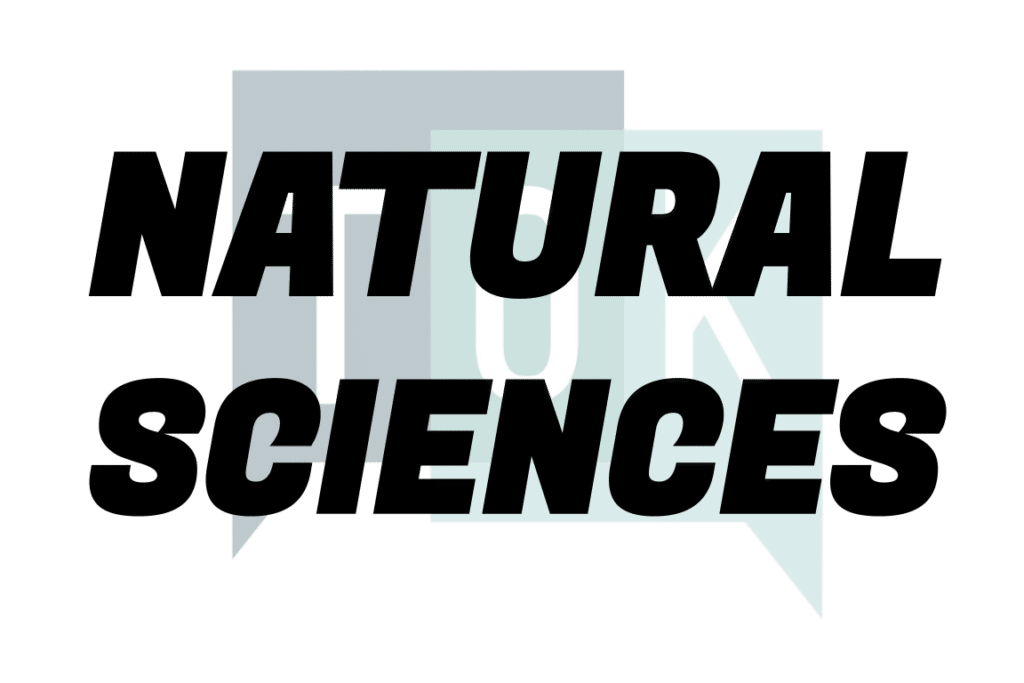
The natural sciences includes disciplines such as physics, chemistry, biology, and sports sciences. Issues and thinkers related to the natural sciences are outlined here.
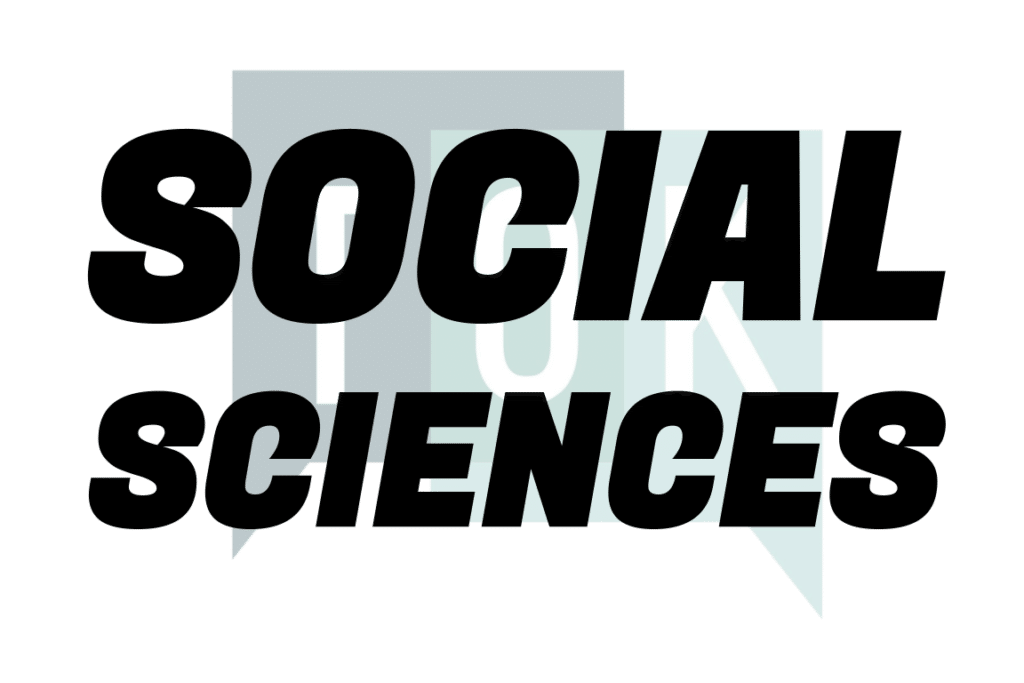
Social sciences comprises fields like psychology, politics, economics, and anthropology. Follow the links to find out more about related issues and key thinkers.

Turn all your teachers into critical thinking teachers!
Our workshops demonstrate to all teachers – whatever their level, programme, or specialisation – how they can develop real-world critical thinking.
They’re engaging, jargon-free, and authentic, and give teachers practical takeaways that they can apply in the classroom, and help their students become nuanced, discerning knowers. Find out more here, and read our workshop brochure here.